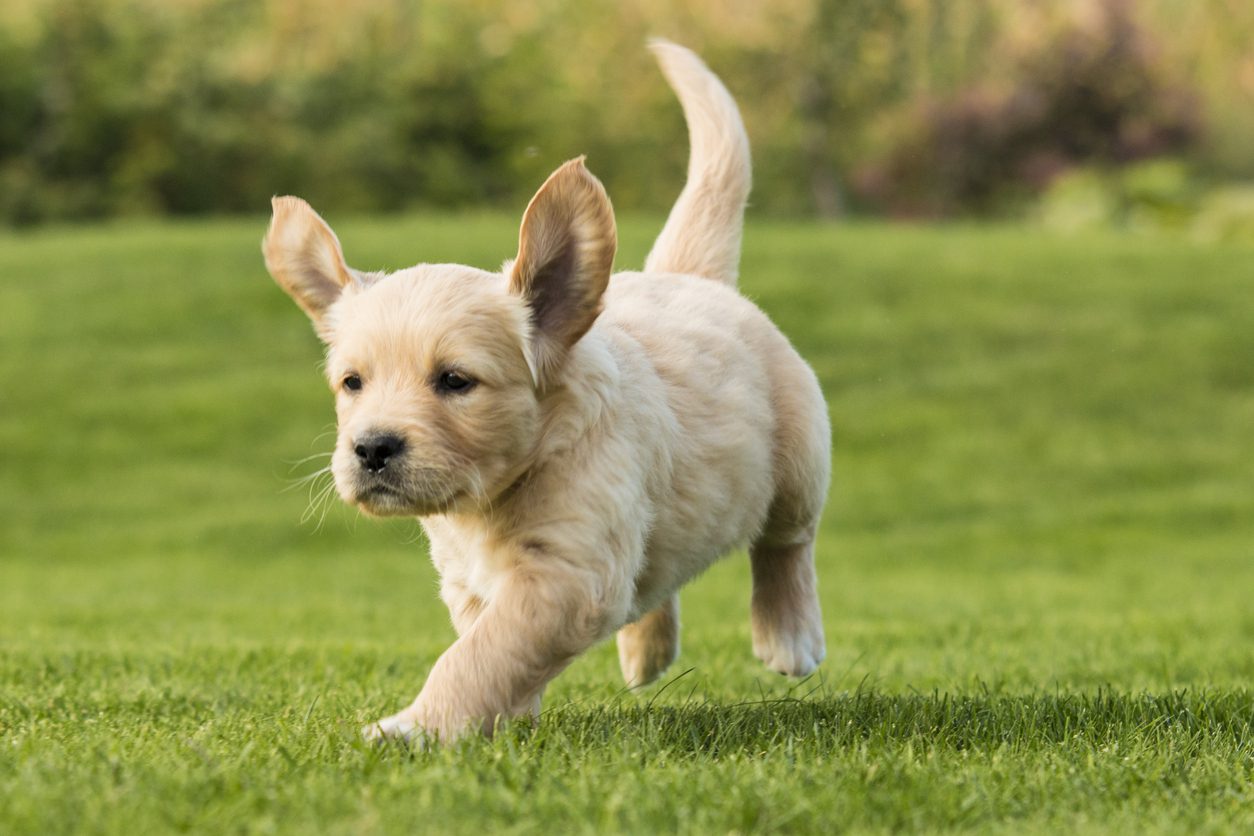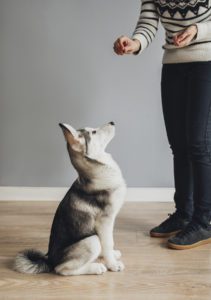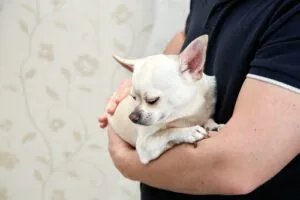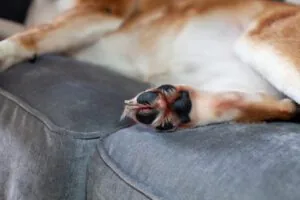Puppy Training Tips

Puppy Training Tips Dyer, IN
If you’re planning to adopt a new puppy, or if you just brought home a new furry family member, you may find yourself wondering just how hard training really is. The process may seem impossible right now, but don’t worry! With a little patience and practice, you can easily train your new puppy.
Check out the article below to find some recommendations for puppy training tips. These tips can help you get started, but don’t forget to do further research if you want to teach your puppy anything beyond the basics. Let’s get started!
Start with Potty Training
Potty training is the most important first step in training a puppy. You will need to make sure your puppy knows how to go potty outside before you can work on much else with him. To do this, you’ll need to establish a potty routine and stick to it firmly for the first several weeks.
Take your puppy out to potty as soon as he wakes up from a nap and after every meal. When he potties outside, praise him excessively and give him a high-value treat. The more you let him know he’s done the right thing, the easier it will be to potty train him quickly.
Don’t Neglect Crate Training
It may feel cruel at first, but crate training is actually very good for your puppy. If you are comfortable doing so, try crate training from day one. This way, your puppy will learn to control his potty breaks from an early age, and he will also learn how to self-soothe more easily as well.
Crate training should be broken up into small periods of time with plenty of exercise and playtime in between. With the proper crate training mindset, your puppy will soon see the crate as a safe space and will learn to take his naps while he is crated.
Use High-Value Treats
Most puppies are food motivated. If your puppy loves treats, it’s important to find something that is especially enticing to him. This way, you’ll know what to offer him to encourage him to perform the commands you ask from him.
Some puppies will happily work on training and perform commands simply for pieces of their regular kibble, or for praise and attention. However, many puppies need something more interesting. Pieces of plain cooked meat (with no salt or other seasonings) and pieces of cheese are both good options. A little bit of peanut butter can also be a good treat for a job well done.

Train One Step at a Time
Do not expect your puppy to automatically know what a command means without working on it one step at a time. Your puppy is very young, and cannot understand your human language, so he will need to be taught slowly.
For example, if you want your puppy to learn to lay down, you should first teach him to sit. Once he’s mastered that skill, you can lure him down into a laying position while giving him his “down” command. Over time, you can build on “down” to teach “stay,” and so on.
Use Simple Commands
Don’t get too complicated with the commands you give your puppy. He will quickly learn to associate command words with the tasks you teach him, but you’ll need to make sure those words are short and simple. “Sit down” may be lost on him, but “sit” will make sense, for example.
Additionally, make sure you’re using words that don’t sound too similar to each other. If you teach your puppy “heel,” you may not also want to teach him “here,” as these two words sound a lot alike to a dog. Take time thinking of commands that will work for your needs.
Train in Short Bursts
Puppies do not have very long attention spans. Even if you feel like you could work on training your puppy for several hours a day, your puppy doesn’t agree!
Instead, work in short bursts. Two 15-minute sessions per day, separated by naptime and playtime, are plenty for puppies. As your dog gets older, he may be able to handle longer training sessions, but it’s still important to watch for signs of burnout and give yourself and your dog both plenty of breaks.

Conclusion
With the help of this information, you should be ready to teach your puppy all the basics he needs to know in order to become a well-behaved dog. Keep in mind that it will take some time and plenty of patience on your part, but your effort will pay off when your dog is trained.
If you’re having any trouble with training your puppy, you may want to consider working with a professional trainer instead. A professional trainer may be able to help you get over training hurdles and accomplish even more goals with your puppy along the way.
Share This Post
Recent Posts
About Dyer Animal Clinic
We are a place where pets and their people can feel at home. It's a place where wellness is maintained and supported from the time they’re newborns through their golden years.






